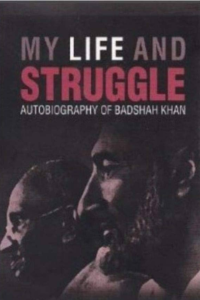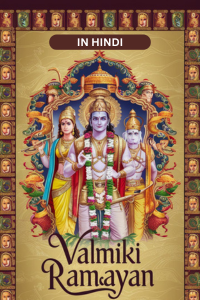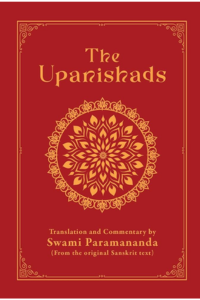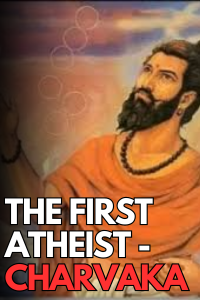Introduction to Abdul Ghaffar Khan
Abdul Ghaffar Khan, also known as Bacha Khan or the Frontier Gandhi, was an influential political leader, social reformer, and freedom fighter from the Pashtun region of Pakistan. His autobiography, though less frequently mentioned, sheds light on his contributions to the Indian independence movement, his advocacy for non-violence, and his efforts to unite the Pashtun people for peaceful political activism.
Born in 1890 in the Khyber Pakhtunkhwa province (then part of British India), Abdul Ghaffar Khan was a staunch supporter of Mahatma Gandhi’s ideals of non-violence and civil disobedience. His autobiography explores his early life, the rise of the Khilafat Movement, his relationship with Gandhi, and the formation of his Khudai Khidmatgar (Servants of God) movement. This organization, consisting primarily of Pashtun volunteers, advocated for the rights of the oppressed and stood in direct opposition to British colonial rule.
In his autobiography, Khan discusses his experiences in the struggle for independence, his commitment to the upliftment of his community, and his efforts to encourage Pashtuns to embrace education and non-violent protest. His writing also touches on the challenges he faced in persuading his fellow Pashtuns to adopt these peaceful methods, as well as his opposition to the partition of India in 1947.
Khan’s contributions to both the Indian independence movement and to the empowerment of Pashtun communities were recognized globally. His autobiography serves as a testament to his lifelong commitment to peace, justice, and the upliftment of his people. He remains a revered figure in both India and Pakistan for his relentless fight for the rights and dignity of the marginalized.
To learn more about Abdul Ghaffar Khan and his autobiography, you can explore further historical texts and references.





Reviews
There are no reviews yet.